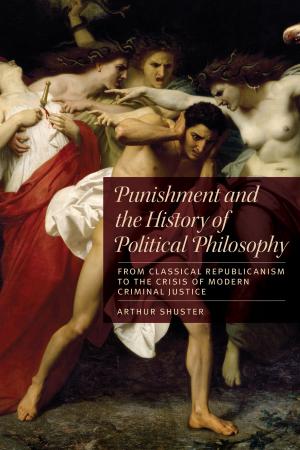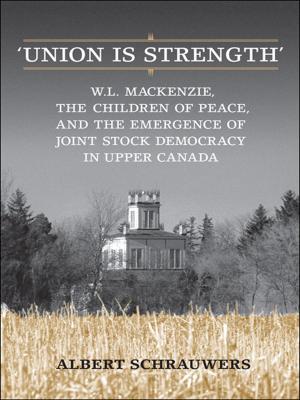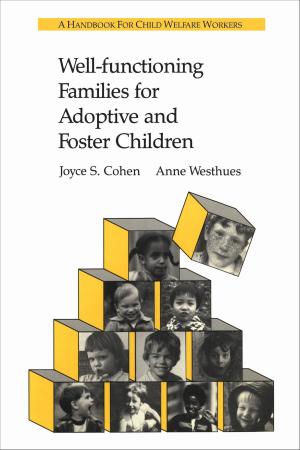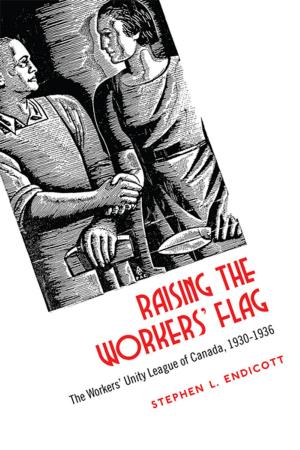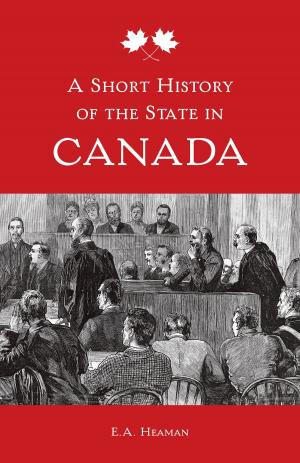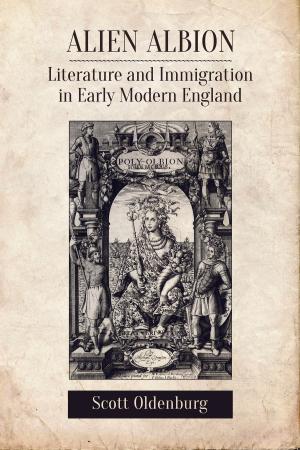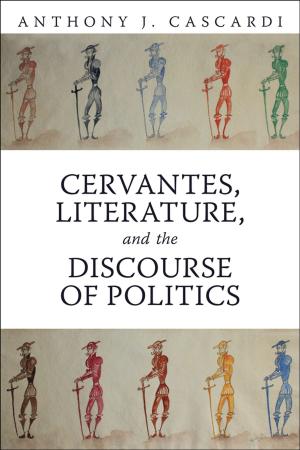The Politics and Poetics of Contemporary English Tragedy
Fiction & Literature, Literary Theory & Criticism, Drama History & Criticism, Drama, British & Irish, Nonfiction, Entertainment| Author: | Sean Carney | ISBN: | 9781442663510 |
| Publisher: | University of Toronto Press, Scholarly Publishing Division | Publication: | February 13, 2013 |
| Imprint: | Language: | English |
| Author: | Sean Carney |
| ISBN: | 9781442663510 |
| Publisher: | University of Toronto Press, Scholarly Publishing Division |
| Publication: | February 13, 2013 |
| Imprint: | |
| Language: | English |
The Politics and Poetics of Contemporary English Tragedy is a detailed study of the idea of the tragic in the political plays of David Hare, Howard Barker, Edward Bond, Caryl Churchill, Mark Ravenhill, Sarah Kane, and Jez Butterworth. Through an in-depth analysis of over sixty of their works, Sean Carney argues that their dramatic exploration of tragic experience is an integral part of their ongoing politics. This approach allows for a comprehensive rather than selective study of both the politics and poetics of their work.
Carney’s attention to the tragic enables him to find a common discourse among the canonical English playwrights of an older generation and representatives of the nineties generation, challenging the idea that there is a sharp generational break between these groups. Finally, Carney demonstrates that tragic experience is often denied by the social discourse of Englishness, and that these playwrights make a crucial critical intervention by dramatizing the tragic.
The Politics and Poetics of Contemporary English Tragedy is a detailed study of the idea of the tragic in the political plays of David Hare, Howard Barker, Edward Bond, Caryl Churchill, Mark Ravenhill, Sarah Kane, and Jez Butterworth. Through an in-depth analysis of over sixty of their works, Sean Carney argues that their dramatic exploration of tragic experience is an integral part of their ongoing politics. This approach allows for a comprehensive rather than selective study of both the politics and poetics of their work.
Carney’s attention to the tragic enables him to find a common discourse among the canonical English playwrights of an older generation and representatives of the nineties generation, challenging the idea that there is a sharp generational break between these groups. Finally, Carney demonstrates that tragic experience is often denied by the social discourse of Englishness, and that these playwrights make a crucial critical intervention by dramatizing the tragic.





